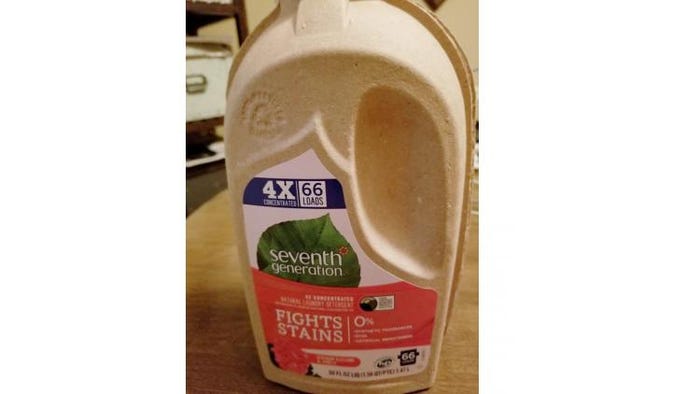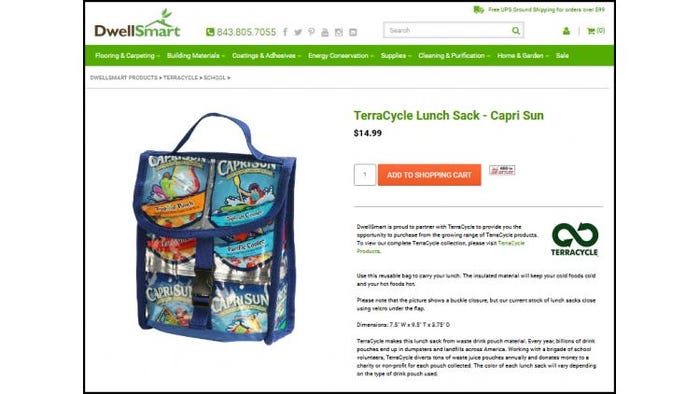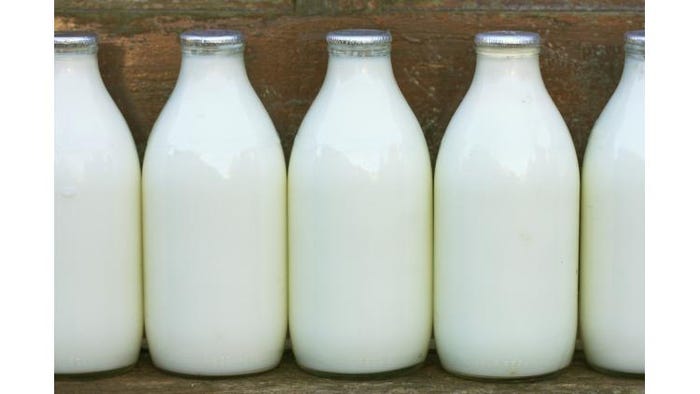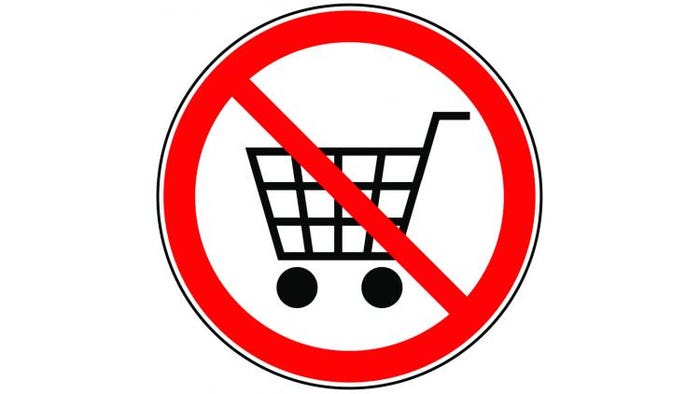How can we stop plastic packaging pollution in our oceans?
Despite all the good it does, plastic packaging has taken a beating in the general media for its perceived anti-environment impression. One of the most controversial topics today is how much plastic garbage is in our oceans. By 2050, the World Economic Forum projects that, by weight, there will be more plastic than fish in our oceans. But Packaging Digest’s Facebook fans have some ideas on how to fix that.
At the end of August 2017, Packaging Digest posted on its Facebook page: “Up to 129M tons of annual plastic usage is disposed of by landfill or incineration & 20M tons of plastic ends up in the ocean. How do we reduce the demand for plastic? Learn more in the Packaging Digest eNewsletter!”
The passionate response from our Facebook fans demonstrates how contentious the issue of plastic waste is for consumers. About 2,600 people have clicked “Like” and more than 2,300 have shared the post as of Nov. 27.
Quite aware of plastic’s negative environmental image, members of the plastics industry and packaging professionals continue to work to improve it. Earlier this year, sustainable packaging thought-leader Chandler Slavin offered some intriguing possibilities on “How to change plastic’s ‘waste’ reputation.” She cited The New Plastics Economy—Rethinking the future of plastics report from the Ellen MacArthur Foundation. This global initiative, which looks to eliminate plastic waste through innovation and collaboration, is underway…but will likely be a slow process.
Do this, not that
A lot of people think we produce way too much single-use plastic packaging now, though. So what should we do about it? Advice from the 320+ Facebook comments includes:
• Recycle it, even into other items like outdoor furniture or clothes
• Use hemp instead
• Ban/tax plastic packaging
• Go back to glass / paper packaging
• Replace fossil-fuel materials with biodegradable plastics
• Don’t buy/boycott plastic packaging
• Tell companies to stop making plastic
• Filter your water and use reusable containers
• Increase deposits on plastic packaging
Not all the suggestions our fans posted are practical (or, at times, polite). But some make great points. For example…
Replace:
Quite a few people mention hemp as a replacement material. Lea Neilson McMullen explains, “Growing hemp can replace all the plastic and it’s not hard to grow. It doesn’t get folks high, it makes a very fine, strong fiber. It would employ lots of folks…. It doesn’t pollute.”
Julie Couch Gould offers, “Canned water. Like Budweiser provided for flood victims.”
Dave Juergens saw this paper bottle from Seventh Generation and says, “Yes, composting ‘bottle,’ screw lid and cap recyclable. Here’s a start…”

Photo courtesy of Dave Juergens
Reuse:
Once the plastic packaging has fulfilled its original purpose, what else can we do with it? Our Facebook fans get pretty creative.
According to Sue Potts Schnaidt, “We need to get the word out how recycling products can be used to make other products. There [have] to be ways towns [can] make money if they recycle.”
Ciedie Aech agrees, “Maybe rather than focusing mostly upon the endless production of plastic, we should push for new ways to make the use of old plastic lucrative: so much plastic already exists and will never biodegrade, but it might be strategically collected and used for other purposes.”
Jen Eilers makes “…musical instruments out of things whenever possible. Plastic juice bottles + bottle caps = rhythm shakers.”
“Build public benches, tables, playground turf with all the plastic! LIKE SEATTLE!” says Marsha McGiboney Bradley.
Sharon Gibson says, “We can use it to make plastic floes or bergs for the northern animals to rest on and hunt from. Make use of our waste products for a change.”
Dorlinda Chong says, “We should be grinding up that plastic and using it as a substitute for sand in asphalt and roadway cement. Sand is a vanishing resource, and plastic is ubiquitous and lasts thousands of years.”
StarGazer Antoinette already knew that: “India is recycling plastics in roadways/asphalt.”
Arlene Speegle Murrell says, “My friend crochets plastic bags into purses & sells them. She is 97 years old.” This is similar to how TerraCycle upcycles used packaging. Perhaps her friend could get a job there.

Lisa McCullough says, “I’ve heard they can turn plastic back into fuel.”
Bonnie Howard also heard that, saying, “Plastic makes a GREAT FUEL for our vehicles and inspires a cleanup at the same time.”
And Dianne Crain agrees, “Burn our trash for energy, as Sweden does.”
Joanne Siket Karaczun offers, “Several years ago I remember reading about an Australian company that took this plastic trash and compressed it into wall boards for building purposes. I wonder whatever happened to that idea!! They were looking for MORE of this stuff.”
Lori Myren-Manbeck says, “My company, inclusivi-tee, makes our beautiful artist-designed t-shirts using shirts made from 100% recycled plastic and refurbished cotton, getting bottles out of landfills and off beaches.”
Eliminate:
Ethel L. Anderson encourages us to “Go back to returnable bottles!”
James Monahan thinks “We need to go back to paper and clean glass!”

Martie Smith recalls, “We drank out of public drinking fountains. At 74, I know that I didn't suffer any ill effects.”
Regulate/boycott:
Sheryl Helaney urges us to “Rethink how disposable bottles are made, and ban the ones we have except in emergencies. Also hire people to clean up the mess, and put heavy fines on improper disposal!”
James Sweeney says, “Tax it to pay for recycling and clean up.”
Monicia Banks says, “Plant based, biodegradable plastic. Make it law!”

Marilyn Shoffit says, “Stop buying it and they will stop making it.”
Diana McCaul agrees, “Stop buying it. Seriously. Consumers drive the market.”
And Joyce Duarte implores, “Please consider the packaging when you shop.”
Other suggestions:
Some ideas just couldn’t be categorized. Henry Smith keeps his advice simple: “Reduce, re-use and recycle, your kids and your grand-kids and your future generations will thank you.”
Toni Erb says, “Garbage is a serious problem. We must change packaging & make a product like plastic meant to be temporary.”
Realistically, Kay McDonnell says, “It’s impossible to do without plastics. Just saying, look around.”
Probably the most bizarre comment of them all though channels Jonathan Swift’s satire A Modest Proposal: “Give it a flavor like cats and feed it to a neighbor’s dog,” says Wayne Bruce Allbin.
Click here to see the post and all the comments. We invite you to join the conversation to help educate, explain and, perhaps, empathize.
About the Author(s)
You May Also Like




